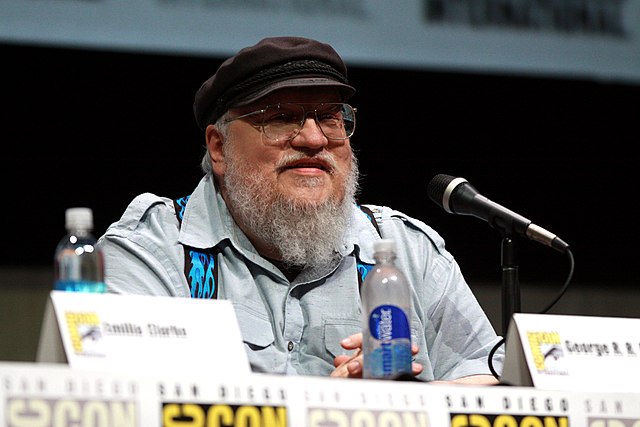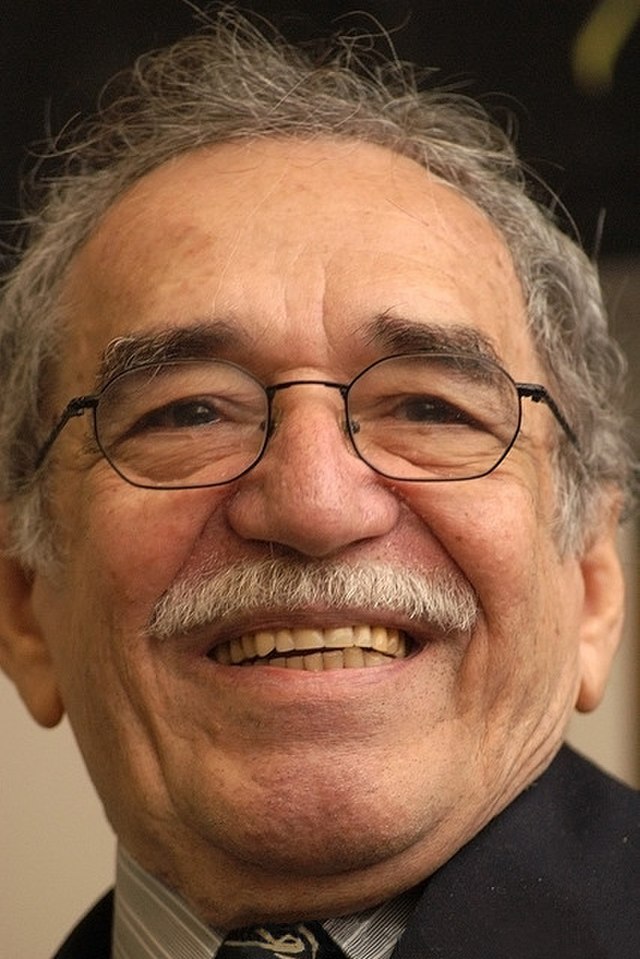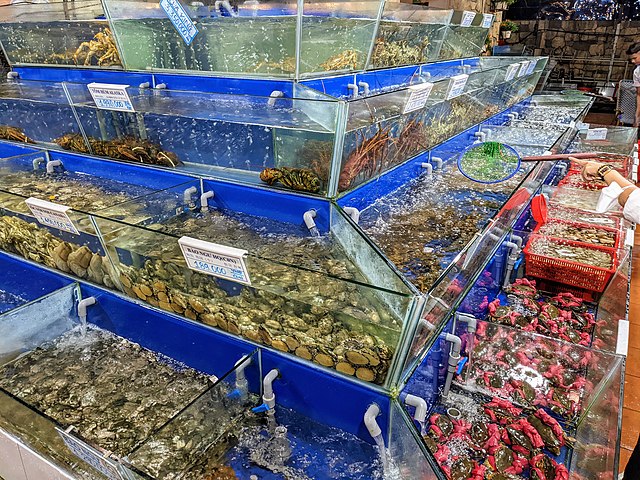As the Hollywood guild of actors and writers continues to strike, several authors have joined the movement against Artificial Intelligence with a lawsuit of their own. Seventeen authors, including George R. R. Martin, John Grisham, and Jodi Picoult, have filed a lawsuit against OpenAI for ‘systematic theft on a mass scale.’ They are referring to the use of their books as training material for their AI — ChatGPT.
According to the complaint, the authors’ works have been used as fodder to train the AI. This is proven by the fact that it is able to accurately give summaries of the authors’ various works. There is also speculation that the AI has come up with an unauthorized and unofficial prequel to the Game of Thrones series, i.e., The Song of Ice and Fire. The detailed outline of the prequel is supposedly called A Dawn of Direwolves.
These issues together have led the authors to file a lawsuit demanding compensation. This lawsuit is the recentmost addition to the series of complaints artists have filed against AI companies in the last few years. For example, Margaret Atwood and Philip Pulman wrote a letter demanding compensation.
The Lawsuit and Letters May Indicate a Deeper Problem
While violation of the authors’ copyright is a serious concern on its own, the case also highlights further instances of AI replacing human-created content. In the long run, Artificial Intelligence could completely replace humans in the creative arts.
This is, thus, not a copyright issue. It is the fear that AI is displacing humans. When it comes to art, which is considered so essentially human, AI replacing artists could create not just an economic or professional crisis but an existential dilemma.
If ChatGPT can take George R. R. Martin’s books, learn from them, and create page-turners set in Westeros, what’s to stop it from creating entire literary universes all on its own? And if it does succeed at that, what would it mean for artists and media creators? Currently, Amazon’s virtual shelves are being filled with books self-published by “authors” providing text prompts to these AI bots and having them spit out literary works at a speed no human can hope to compete with.
A copyright lawsuit and open letter, thus, may not cut it at this point, unfortunately enough. What is required is systematic change and intervention at a parliamentary level. New copyright laws and other litigation would need to be created, defining the standards and rules of a literary and artistic world.
What it Means for Now
For writers — whether they write novels or content — Artificial Intelligence is being seen as a job killer. It could mean mass-scale layoffs across sectors as everything from web copy to professional reports starts getting created by AI.
Currently, in its early stages, programs like ChatGPT can create content that, with just a little editing, can look indistinguishable from human writing. For every kind of writer out there, this could seem like a potential threat to their livelihood. That said, experts are still of the opinion that it is not apocalypse now. Not yet, anyway.
No matter how smart, AIs still struggle with emotion. They are driven by patterns and data. So, while they can sound human-like, they still struggle with contextual intricacies. Hyperboles and metaphors are just not their cup of tea.
This brings us to what can happen. Experts suggest taking this as a learning opportunity. Use AI as a tool to become better writers. Because there are some things that are so inherently human, that an AI cannot hope to master them. Again, maybe just not yet.
That said, it is high time there are systematic changes made so it does not violate writers’ and artists’ right to create a livelihood. After all, it is a man’s right and plight to make art. And that is something that should be protected, lest one forgets what separates man from the machines.
Originally published on the Wealth of Geeks and Media Decision.





